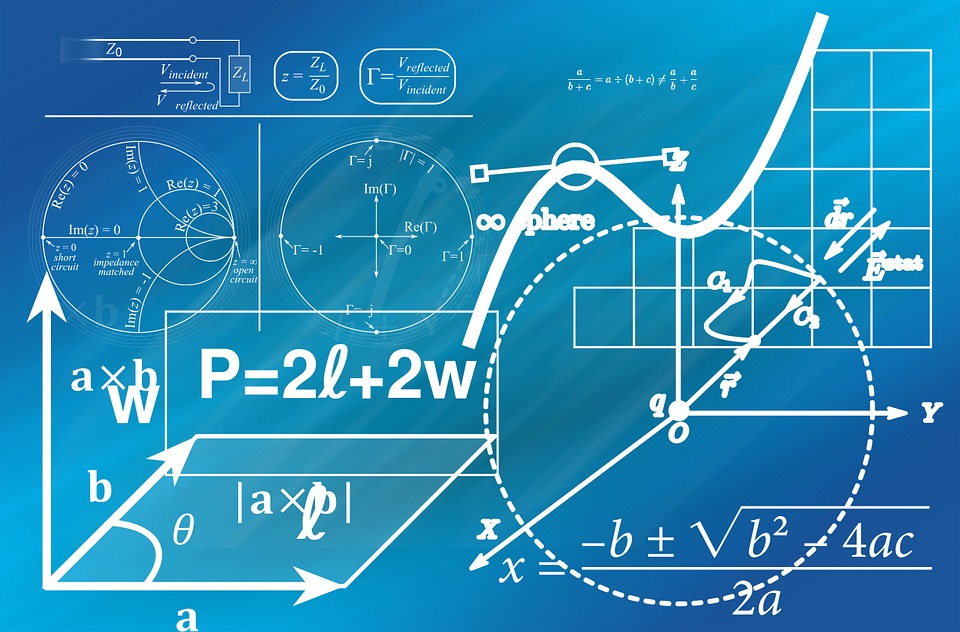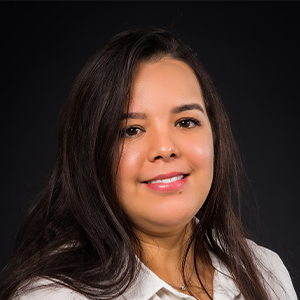Ce module a été développé afin de rendre le site Efrei accessible au plus grand nombre.
Si malgré notre vigilance, vous rencontriez le moindre problème d’accessibilité sur notre site, n’hésitez pas à nous contacter à l’adresse site-groupe@efrei.fr ou par téléphone au +33 188 289 000.

Department of mathematics
Program description
Building on and strengthening student’s numerical background, the undergraduate Mathematics program has a triple objective: to provide tools, teach concepts, develop skills. The goal is, ultimately, to reinforce the techniques of calculation, to teach structured methods for acquisition of knowledge, to lay the foundations for the application of knowledge and autonomous critical thinking.
Modules such as Numbers and Structures, Finite and Infinite Calculations and Functions and Variations complete and consolidate the mathematical concepts acquired in high school by providing student with a stable conceptual framework open to future developments. The modules Linear Algebra, Probability and Statistics, Data Analysis and Real Mathematics (functions of several variables) complete these initial modules by extending in to “less immediate” but essential areas of Mathematics applications.
In the second and third year of undergraduate cycle, Mathematics modules for computing, Group Theory and Applications, Discrete Optimization and Graph Theory are introduced in order to complement the range of student’s mathematical toolsSince the goal is to train engineers, the acquisition of concepts systematically targets new methods and modes of application. For example, the linear algebra module ends with the study of elementary Markov chains in the context of the matrix diagonalization or when group theory is used to understand RSA encryption.
Learning objectives
- To be able to structure reasoning and argumentation: discover, analyze, transform or simplify a problem, and experiment on examples.
- To be able to calculate, using symbolic language: manipulate expressions containing symbols, organize the various stages of a complex calculation, perform automated calculations by hand or with a tool (calculator, software …) control the results.
- To be able to communicate orally and in writing: including an understanding of mathematical statements written by others, writing a rigorous problem solution, present and defend mathematical work.
